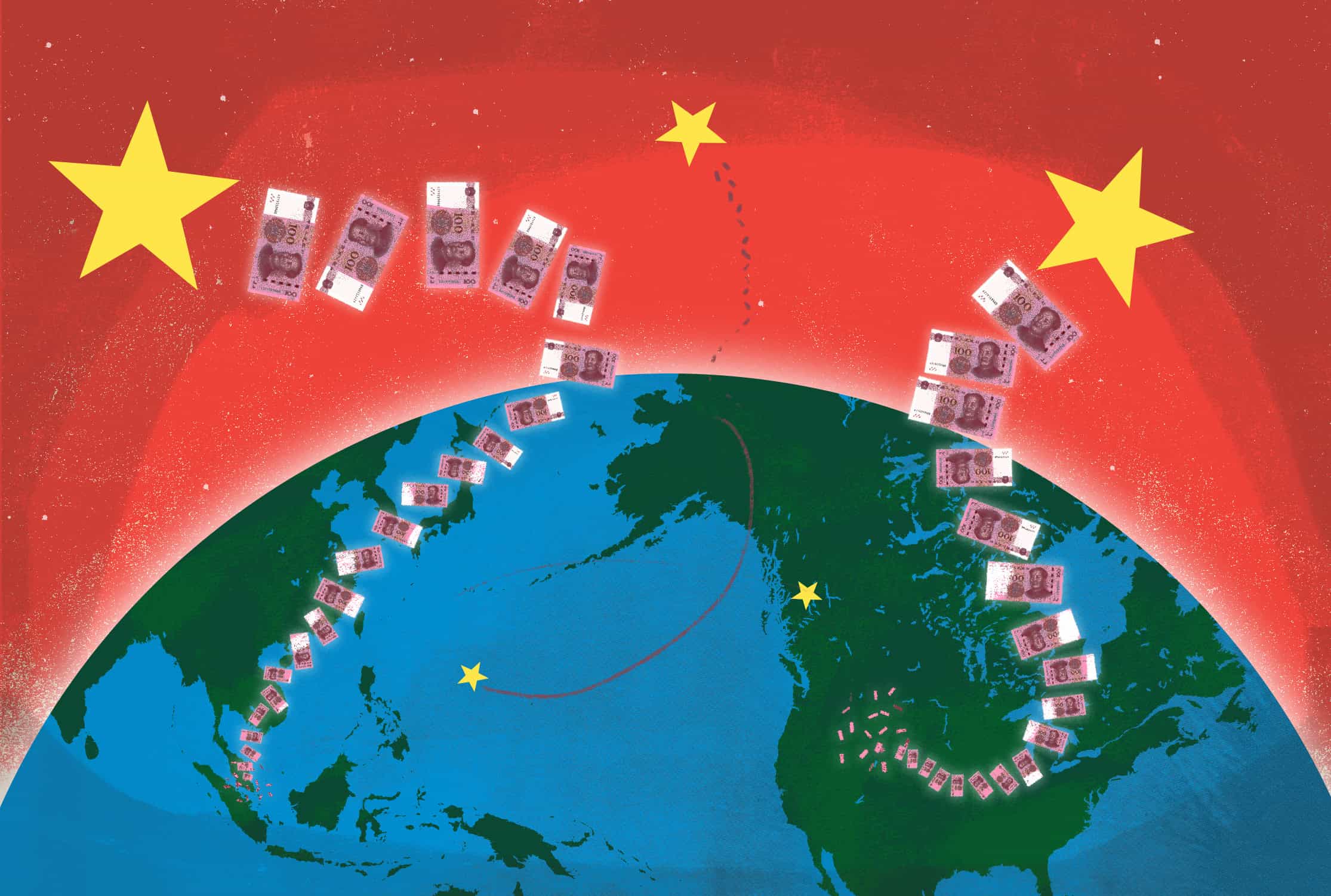China’s regulatory crackdown on a range of sectors — big tech, real estate, the online education and gaming industries — has provided a sobering reminder that business cannot be separated from politics in the PRC. Dubbed the ‘Red New Deal’ in some Anglophone media, this re-tightening of the reins is evidence both of the influence that Xi Jinping’s government exerts over the private sector and also its belief that it needs to bring it further under control in order to maintain st
Navigate China's Business Landscape with Confidence.
- Gain visibility into supplier risks
- Easily manage trade compliance
- Conduct in-depth due diligence




